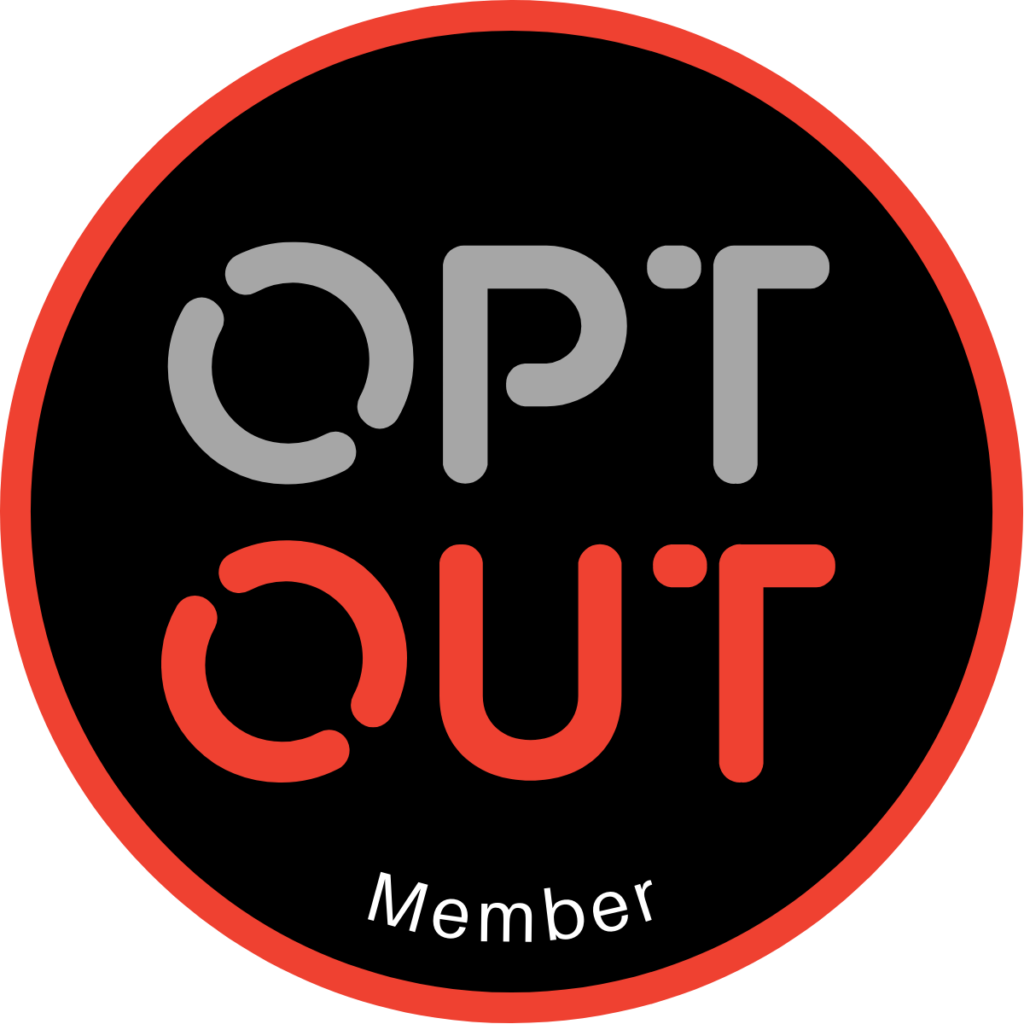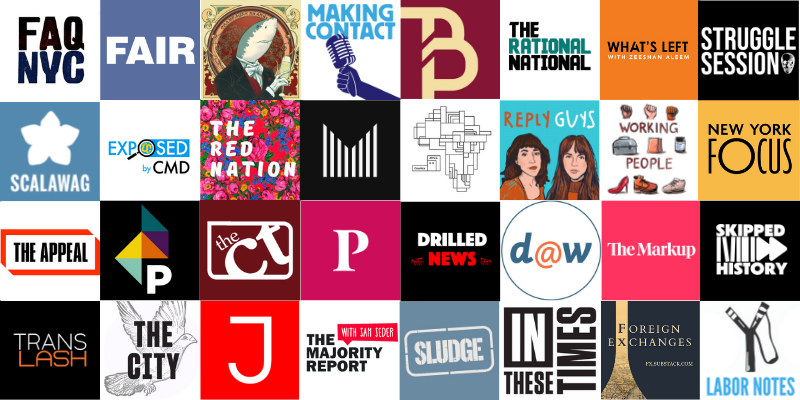Capitol Hill is rife with ethics issues, but one has broken through in the mainstream media as a hot topic: the stock trades of members of Congress. The profit-seeking plays of federal lawmakers have caught a wave of headlines. In February, the New York Times published an editorial, “Congress Must Pass A Stock Trading Ban.” Press coverage in the Times, Washington Post, Politico, Marketplace, and others gave the impression that Congress was “finally getting serious” about cracking down on the obvious conflicts of interest.
But all of these outlets failed to inform readers of key legislative context: bills to limit members’ stock transactions were already introduced last year, as amendments to the Democrats’ signature H.R. 1 package, only to have the House Rules Committee block votes on their inclusion. The committee, controlled by Speaker Nancy Pelosi, made no public explanation for why stock trading bans were not among the dozens of amendments that the committee allowed to advance.
On this topic, as elsewhere, mainstream media coverage elided an explanation of how popular measures get killed off without public scrutiny. Ad-supported media companies gain in audience for their commercial sponsors if they continually portray stories as “breaking,” pitting Republicans against Democrats in an ongoing battle for the hearts and minds of their viewers. Without providing a fuller background in what steps political leaders have already resisted, though, corporate media does a poor job of informing the public about important ethics issues.
Our outlets don’t fund their energy podcasts with Chevron sponsorships.
Alex Kotch, co-founder, OptOut News
When cable news viewers are being told that national politics is “Team Red” vs. “Team Blue,” it’s important that they have an alternative where they can get in-depth reporting and timely coverage with an independent perspective—such as telling readers that powerful lawmakers ducked a vote on banning their stock trades, just a year ago.

OptOut is a nonprofit news app and network of independent news outlets co-founded by reporters Alex Kotch, a close colleague of ours in launching Sludge who now writes for the investigative site Exposed by CMD, and Walker Bragman, with The Lever. The Brick House Cooperative’s founding chair, Maria Bustillos, is a board member of the OptOut Media Foundation.
Last month, OptOut launched its free news aggregation app for iPhone and iPad, with an Android version coming soon. The nonprofit Progressive Coders Network, an activist community building tools to empower the grassroots, took the lead on technology and development of the app. Sludge is among the hundreds of participating outlets, making our content available on the app alongside publications like The American Prospect, In These Times, The City, and scores of multimedia producers.
I threw a few questions to Kotch about this exceedingly-neat tech tool the OptOut team has developed and the network of journalists and creators it brings together to amplify.
How does the OptOut app raise the profile of independent and accountability journalism, the kind that doesn’t get airtime on cable news?
Media outlets that are financially independent—not owned by big corporations and not funded primarily by corporate advertising—have trouble breaking through into the national conversation. We don’t have big money behind us, but we do have uncompromising reporting and analysis free from corporate bias. The work is great, but distribution is the problem.
By coming together in the OptOut network, independent publications are merging their audiences, giving them access to a large pool of active news consumers who could become subscribers. As our network and audience grow, we think these outlets will have a shot at challenging corporate and legacy media’s dominance and, with their important stories on the issues that matter to working-class people and traditionally marginalized groups, will help steer communities toward stronger democracies and social justice.
Accountability journalism is key to our mission. Outlets such as The American Prospect, Eyes on the Ties, Exposed by CMD, The Lever, and Sludge specialize in this type of reporting, and plenty of podcasts and video channels in the network often analyze this reporting or do their own similar work. We have outlets focused on climate (Drilled, Heated), labor (In These Times, Working People), and other key issues, and the corporate and political corruption surrounding them.
How do the OptOut network’s standards help inform viewers more deeply than cable news networks?
Unlike any other news aggregation app we’re aware of, OptOut vets each news outlet for financial independence, accuracy, editorial direction, and other standards. This means that app users can trust that the news they consume in the app is honest, relevant, and free of corporate conflicts of interest and institutional bias. Our outlets don’t hire ex-CIA heads to analyze U.S. foreign policy or corporate lobbyists to speak on business issues. They don’t fund their energy podcasts with Chevron sponsorships. They don’t platform conspiracy theorists, and they don’t apply false equivalence to police violence, climate change, voter fraud hysteria, or other vital matters. Trust in media is at an all-time low in the U.S. People want a place they can go to find news they can count on. That’s what they’ll get if they download OptOut News or sign up for our free newsletter.
We are currently putting together a committee of journalists and fact checkers who will review each outlet once a year to ensure they continue to meet our standards.
What are some key features of the app for people who want to find more quality news sources?

OptOut is a cutting-edge news aggregation app. More than any other app we’ve seen, we seamlessly integrate articles, podcasts, and videos, including livestreams, to create a contemporary mixed-media ecosystem for our users.
Unlike most news apps, real journalists curate your news experience, not profit-driven algorithms. Our team of curators selects important content of the day, and when you do enjoy a news item, you can follow the outlet and even individual journalists to create your own, personalized feed. Go to their profiles and you’ll find all their links (website, social, crowdfunding, you name it) and all the content they’ve produced. The other apps want to have a profitable product; we want to elevate independent media outlets and journalists and give the public an ethical, informative news ecosystem.
And we’ve only just begun. After we get the Android and web apps out, our focus will shift to adding new features, including news categories and location tags. This will allow users to personalize their app experience further, and will be especially helpful for state and local news outlets. We have a small footing in Canada and the U.K., but we’ll be recruiting heavily from these and other countries once we have additional features. We will also add push notifications and other features, and the OptOut Media Foundation is cooking up new themed newsletters, an events calendar, and a lot more.
The ways that people typically find their news—profit-driven social media and corporate search engines and apps—end up reinforcing corporate and legacy media dominance and, in the case of social media, encourage conspiracy theories, lies, hate, and other dangerous social ills. We wanted an app that we wanted to use: one with diverse, independent voices and stories about issues the mainstream media often overlook, all without the hot takes, toxicity, and creepy DMs of other platforms. OptOut is a clean, simple app that’s just the news, created by journalists with no profit motive. We don’t serve ads, and we keep your data safe. We’re proud to say that the app is just what co-founder Walker Bragman and I first envisioned in spring of 2020 as we weathered the New York City Covid lockdown.
Sludge is proud to be a founding member of the OptOut network. Check out our stories in the free OptOut app, now available for iOS, and join the OptOut newsletter.

